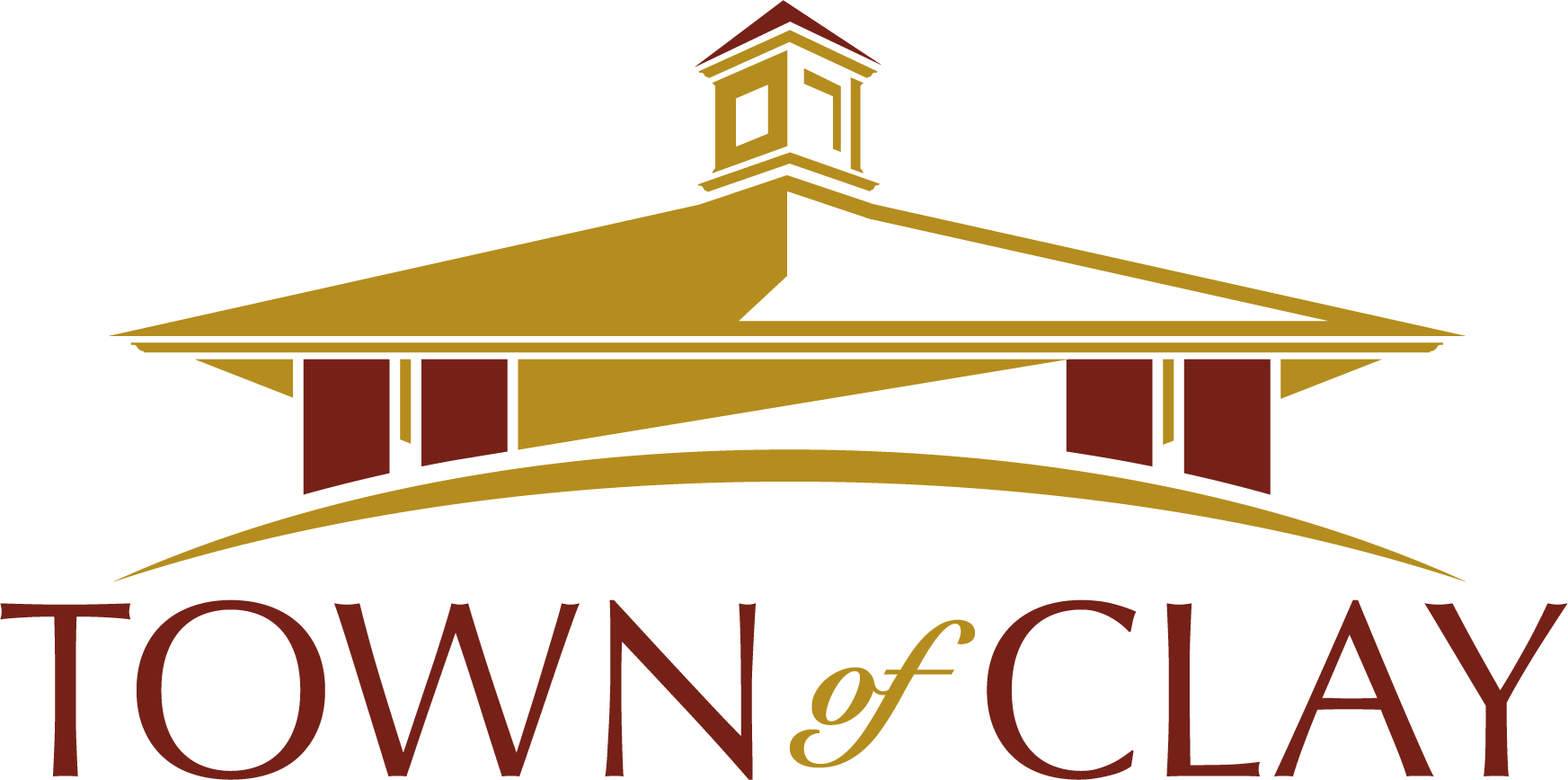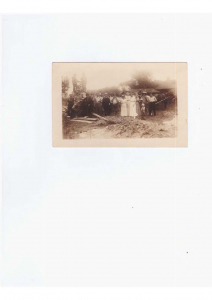Hiram Sharp - Part VPosted on August 21, 2014 |
Hiram Sharp - Part V -Tickets of Leave*
After Lieutenant-Governor Franklin’s visits to the Patriots, restrictions were relaxed. They were allowed to work for themselves on Saturdays and holidays earning ½ dollar for ½ day’s work so that they could buy coffee, sugar, tea and tobacco. Conflict with the “old hands” arose so the Patriots were moved to Bridgewater Probation Station building a causeway and punt over the Derwent River. The British convicts were treated harshly, but not the Patriots. Dissention again, so Franklin dispersed them in small work groups to other Probation Stations. At New Town Bay, they cleared and cultivated land. At Jericho, they built a new road to Oatlands. Nine Patriots were stationed here for a short time living in a separate hut in the first class yard where they were treated with kindness. In September of 1841, many were sent to Jerusalem because of their handiness with axes making shingles, posts, rails and timber. Two unsupervised gangs were sent out in the forest to work. In six months, on February 10,1842, seventy Patriots including them, obtained their tickets of leave on condition they reside in the districts of Fingal, Campbell Town, Oatlands, Bothwell, Hamilton and Swanport. Twenty two of them had been at Brown’s River building new prison barracks. They had their own kitchen, solitary cells and other buildings. On Saturdays, they went to the beach to do laundry and catch crawfish. Nine Patriots were at Saltwater Creek/River to build more permanent housing while prisoners prepared it to be an agricultural station. The Patriots from Rocky Hill, by their early involvement, helped it to grow to be a large arable farming operation worked by over 500 men. At Victoria Valley, the convicts cleaned, drained and fenced the land to become a self-sustaining agricultural station. Patriot James Atchinson was made overseer and agreed to stay on and finish the project even after he received his Ticket of Leave. Tickets of Leave were a form of probation allowing the patriots to leave the probations stations, find employment and eventually receive a conditional pardon. However, they had no money and must work to earn their passage. They were competing with British prisoners who had been pardoned and all of Australia was in a five-year depression. Nelson Griggs of Salina, went to work for the Police Commissioner and to build the Bothwell Police Station. At Campbell Town, Michael Fraer of Clay made fencing and later was a miller at Riversdale Mill in Swanport. Chauncey Mathers of Liverpool and Hiram Loop of Schroepples made shingles at Campbell Town. Chauncey later went to work in Swanport and Hiram later went to Hobart hoping to receive passage home. In Oatlands on the Isis River, our Clay boy, Hiram Sharp, worked at grubbing out trees and making shingles. Calvin Mathers of Lysander went to Hobart Town looking for passage home. On May 30, 1845, a dispatch was sent to the American Government Pardoning 27 Patriots who were returning home. In March, 1847, there were still 25 Patriots in Van Diemen’s Land, thirteen in bondage. Michael Fraer, another Clay boy, had married and settled there. Hiram Sharp Went to New South Wales and lived in the communities of Kiamal and Bombala.
The conclusion of Hiram’s story next time.
*Information from article “One Way Ticket to a Penal Colony” by John C. Carter published in ONTARIO HISTORY, Vol. CI No 2 Autumn 2009. +Much has been written and debated on the success of transportation to a penal colony as punishment. Lieutenant-Governor Arthur of Upper Canada wanted to guard against another “atrocious aggression” into Canada. Lieutenant-Governor Franklin had to implement a probation system designed in England not knowing the condition of the economy of Australia. Both made the best decisions they could under these circumstances. Many say the Patriot’s War was not really a war.
Dorothy Heller, Historian
Other
Remember Clay Stories
Influence of Natives Part I
Remembering Clay | Nov 16, 2018
CLAY SETTLERS
Influence of Natives (Part I)
Morgan Rd. Church
Remembering Clay | Jul 14, 2016
REMEMBERING CLAY
Morgan Road Church Has a Fresh Look
Susan Avery Bick – Traditional Crafts
Remembering Clay | Jun 1, 2012
In the first segment of Susan Avery Bick’s memories of living on Buckley Road which was published in the “Clay Insider,” we learned of her Grandpa Avery’s history and how he purchased the land.

